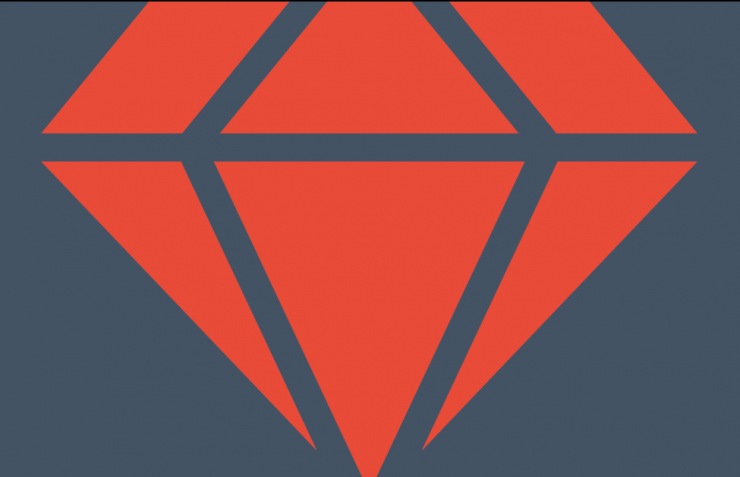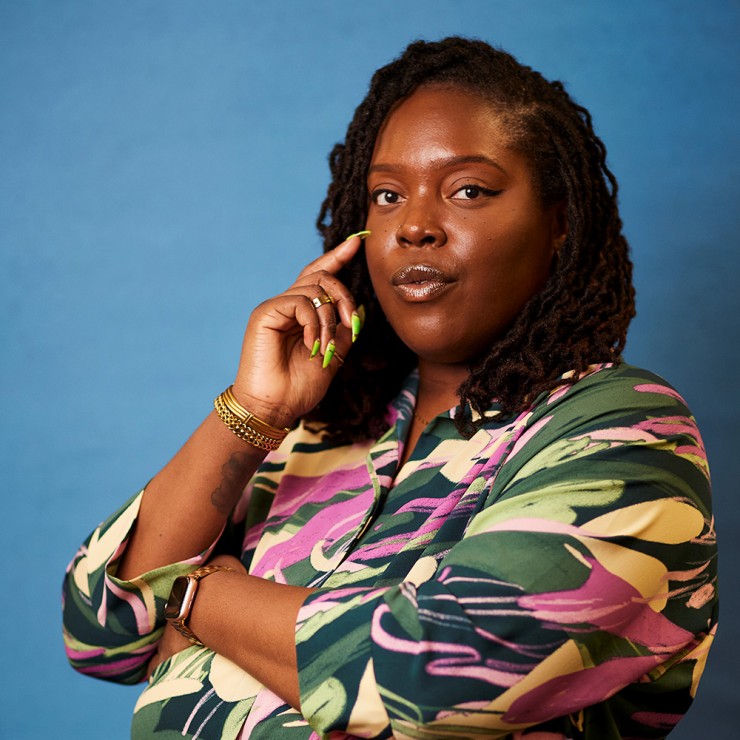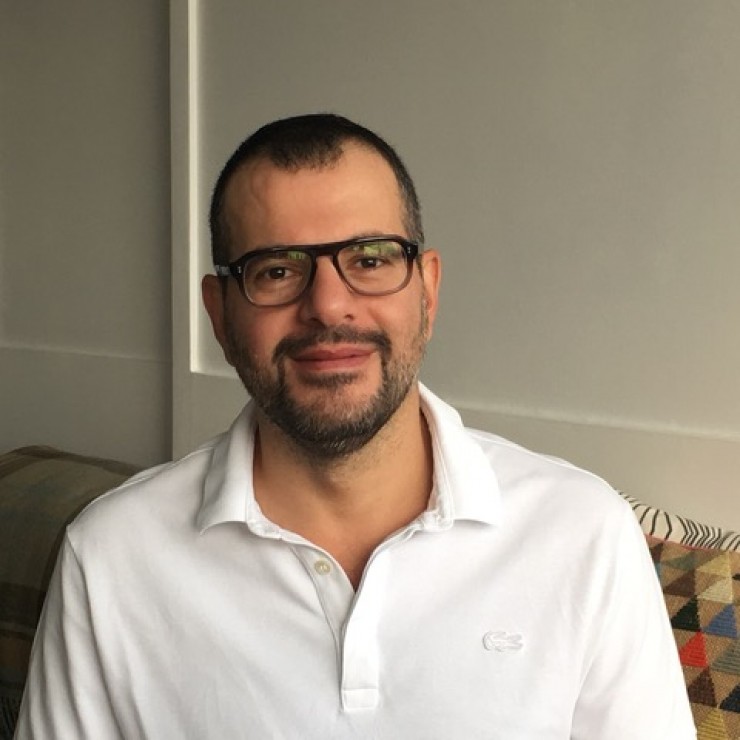Historian and producer David Olusoga has backed mandatory diversity reporting for all indies and productions and castigated the “infantile and patronising” attitudes he endured when he went front of camera.
In an online interview with diversity campaigner Marcus Ryder, held as a follow-up to Olusoga’s well-received and coruscating MacTaggart speech at the Edinburgh Festival, said data is “the lifeblood of any form of social change”.
He said: “What gets measured is what gets done. If we’re not even serious about reporting, if we’re not even able, willing and open about what we’ve done on productions, then we cannot expect change … this is about playing your role. I think it should be mandatory.”
Elsewhere, Olusoga expanded on themes touched on in his speech two months ago, from the “othering” of BAME people to his decision to explicitly accuse the industry of racism a total of eight times.
Central to his argument is the “unexamined racial thinking” that has unspoken preconceptions of black people as athletes or performers rather than academics or writers.
“I’ve encountered a number of people in the television industry who have never in my experience thought about how racial ideas are shaped, how they view black people and how the tropes of race influence the programmes they make,” he said.
“Subconsciously, people feel blackness is not intellectual, not cognitive - it’s folksy, spiritual and non-intellectual type of intelligence.”
Olusoga reflected on the fact that the BBC’s two most senior black executives, June Sarpong and Kamal Ahmed, have, like him, both had experience in front of the camera as well as behind it. Ingrained cultural stereotypes of “performative” black people were, he said, manifest in reactions to his decision to be both a producer and presenter.
“I was surrounded by people who thought I [shouldn’t continue to be a producer] and I was stripped of my ability to be a producer,” he said.
“I was sometimes asked to write scripts as if I didn’t understand locations, costs and budgets. It was infantilising and patronising – a reflection that in this performative arena, society is more comfortable with people in these positions.
Olusoga said that co-founding Uplands Television “seemed to be the only way I could remain a producer as well as presenting”, given the industry’s tendency to pigeonhole people.
The industry has a problem in general with BAME-led indies as it tend to question their legitimacy to operate in the mainstream, despite some very experienced producers at the helm, he said.
“There is a strong feeling that [they] are seen as companies that can solve diversity and don’t have any other function. If you’re a black indie and want to devise a quiz show or an antiques format that would be seen as an odd approach. You would be questioned about not only are you appropriate but why would you want to do that? There should be bigger companies, given some of the names, some of the decades of experience.”
He contrasted the UK with the US in this regard.
“We don’t have our Shonda Rhimes, we don’t have these black showrunners who are behind the scenes, we don’t have this long list of black directors who’ve never set foot in front of the screen. If we had 10 Steve McQueens, I’d say we don’t have a problem – but we don’t.
“Michela Coel’s talents exist on both sides of the camera but I don’t know if there’s any chance Michaela could have got anywhere she’s got if she wasn’t also a very talented actor.”
Olusoga said TV needs to be “much harsher” on itself in seizing the momentum for change.
“Legal and financial films are being ruthless about changing the dial on diversity. We need to up our game,” he said.
“They are full of hard-bitten ambitious people rather than the luvvies of television, and are being far more proactive. It is the liberal arts – television, publishing, newspapers, the heritage industry – that’s not achieving much. We presumed because we were nice, lovely, liberal people, that positive outcomes would just emerge and that hasn’t happened.
“We’ve given ourselves a free pass and we need to be much harsher on ourselves. We need to look at other sectors and ask are we being as proactive? It’s about finding the people we’ve excluded and convincing them not just that the doors are open but holding their hand as they walk through.”
Olusoga said he had been damaged by the “insouciance” inherent in the British character, in which the argument is “everybody’s trying their best”.
This approach, he argued, plays into the gaslighting of minorities that reaffirms the status quo, and he challenged the industry to be “civil yet frank with one another” in acting for change.
The Edinburgh podium, he said, gave him a platform to say things that he did not dare confront in his past.
“I just accepted it,” he said. “The polite brushing away of racism really damages people. People elect to live with this racism rather than have the damage done when their experiences are dismissed. I do think you can see the reflection of the structures of racism within the ways people’s careers have played out, or not played out, in television.”


